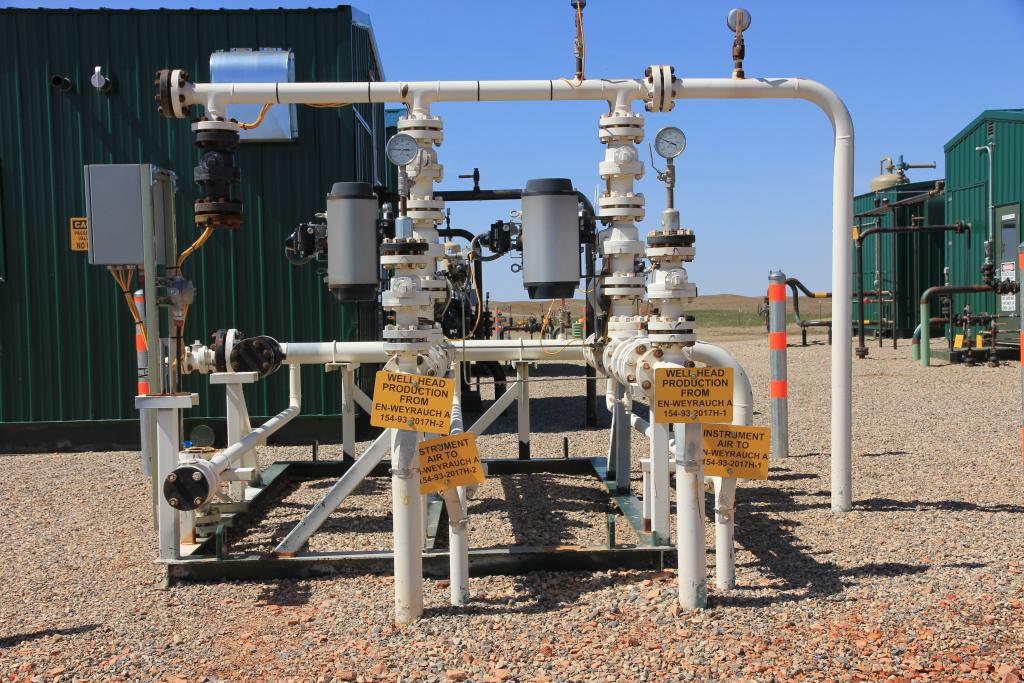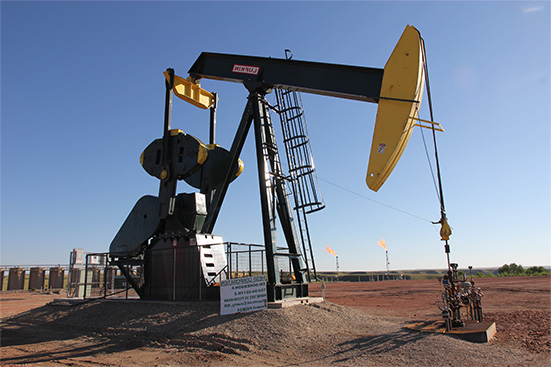
Investing in oil and gas is a strategic move that can yield significant returns. DW Energy offers key insights into excelling in oil and gas investments.
Understanding the Oil and Gas Industry’s Impact on the Global Economy
The oil and gas industry is vital for the world economy, as it’s the main source of fuel globally. Finding natural gas and producing crude oil requires complex, expensive methods. Crude oil and natural gas are closely related in how they’re produced and in their business operations.
Let’s explore the business and the investment opportunities within the oil and gas sector. With a proper understanding, investors can make informed decisions and capitalize on these opportunities.
How to Invest in Oil and Gas Wells?
There are different ways to invest in oil and gas wells:
- Oil and Gas Futures Contracts – These are agreements to buy or sell oil or gas at a predetermined price at a specified time in the future. They offer a way to speculate on price movements.
- Buying Mineral Rights – This involves purchasing the rights to extract oil or gas from a particular piece of land.
- Buying Stocks in Oil and Gas Companies – Investors can buy shares in companies involved in the exploration, extraction, and sale of oil and gas.
- ETFs and Mutual Funds – These funds invest in a range of oil and gas stocks, providing diversification and reducing individual stock risk.
- Direct Participation Programs (DPPs) – DPPs allow investors to directly invest in oil and gas projects, often offering substantial tax benefits.
Oil and Gas Wells with Direct Participation Programs
DPPs in oil and gas offer investors a chance to participate directly in the revenue and profits from wells. They provide a more hands-on investment opportunity compared to stocks or ETFs.
Contact DW Energy
Want to learn more about oil & gas investing? Our expert team can provide you with more information or schedule a consultation to talk about diversifying your investment portfolio.

Different Types of Oil and Gas Investment Companies
- Upstream Companies – Focuses on the exploration and production of oil and gas.
- Midstream Companies – Handles transportation and storage of extracted resources.
- Downstream Companies – Involved in refining and selling the finished products.
Are Oil and Gas a Good Investment?
Yes, especially for long-term investors. The sector has seen significant growth over the years and is expected to continue this trend.
For instance, in 2022, the U.S. oil and gas industry’s revenue reached $332.9 billion, a significant rise from $211.2 billion in the previous year. Investing in the oil and gas industry offers several potential benefits, which are outlined below.
Benefits of Investing in Oil and Gas
- Stable markets – The oil and gas markets tend to be less volatile compared to the stock market, offering a buffer against inflation and other market forces.
- Strong Return on Investments – Wise investments in oil and gas can yield stable income and high return rates, further enhanced by technological advancements.
- Tax advantages – Investors can enjoy substantial tax benefits, like deductions on drilling costs and tax-free income portions. In the first year of investment, investors can benefit from deductions on intangible drilling costs, which may account for 60 to 80% of expenses related to the well, offsetting against taxes. Additionally, 15% of the property’s gross income is exempt from taxes. These factors contribute to making oil and gas investments highly incentivized in terms of tax advantages.
Despite the diversification of energy sources, the demand for fossil fuels remains high. The global oil demand is projected to rise significantly by 2025, indicating a robust future for the industry.
Investment Exposure in the Oil and Gas Industry
Investors can gain exposure to the sector through various means, including stocks, ETFs, futures contracts, mineral rights, and private placements. Each of these investment avenues offers different risk profiles and potential returns.
Oil and gas investments can be a lucrative venture if approached with the right knowledge and strategy. At DW Energy, our commitment is to empower qualified investors with the necessary education to make informed investment decisions in this dynamic sector. By understanding the industry’s impact, exploring various investment options, and being aware of the benefits and risks, investors can position themselves for success in the oil and gas market.
Contact dw energy
Sources:
“Investing in Oil: A Beginner’s Guide to Oil Markets,” Nerd Wallet, https://www.nerdwallet.com/article/investing/how-to-invest-in-oil
“How to Invest in Oil,” Investopedia, https://www.investopedia.com/ask/answers/08/oil-as-investment.asp
“Upstream, Midstream and Downstream – Understanding the Three Petroleum Markets,” Petrochemical Chemical & Energy, https://www.petro-online.com/news/fuel-for-thought/13/breaking-news/upstream-midstream-and-downstream-ndash-understanding-the-three-petroleum-markets/32165
“Oil and gas industry revenue in the United States from 2010 to 2022,” Statista, https://www.statista.com/statistics/294614/revenue-of-the-gas-and-oil-industry-in-the-us/
